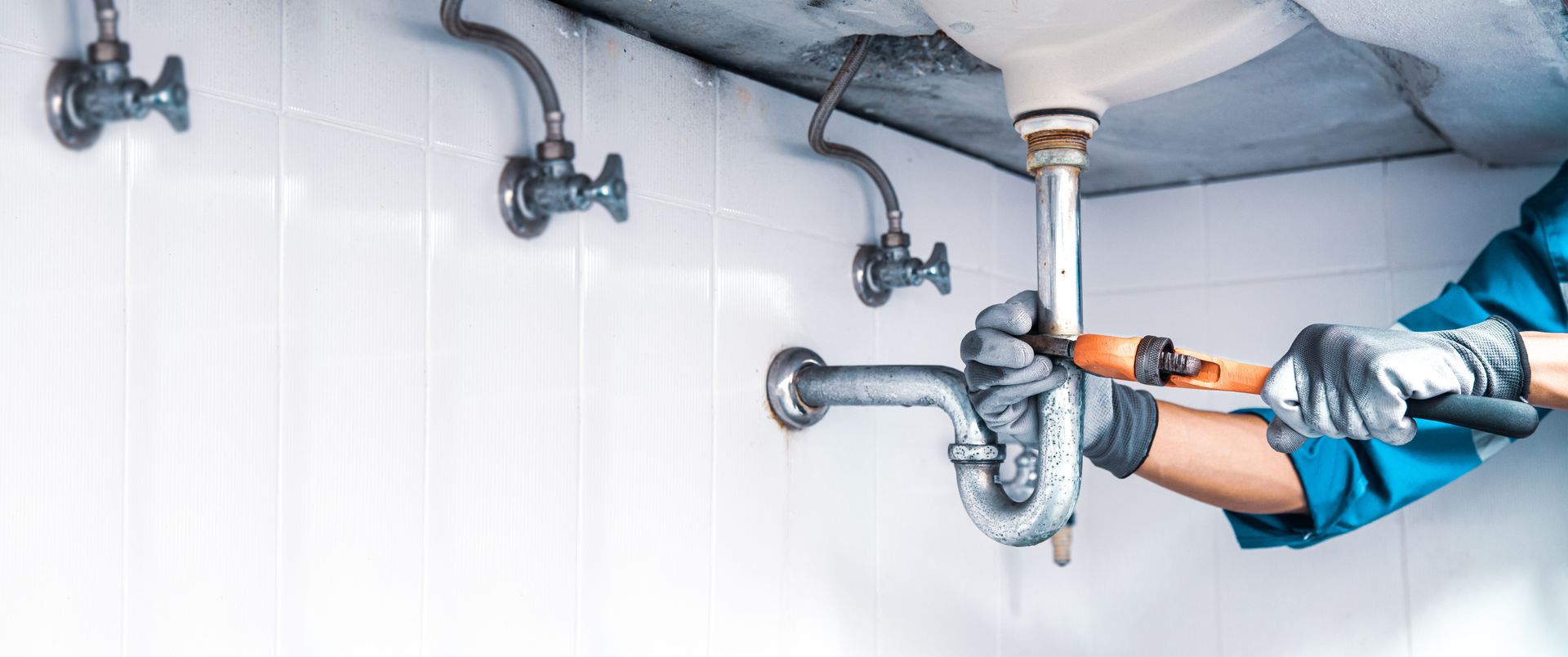Contact Us
Send Message
Ipad Contact Form
We will get back to you as soon as possible
Please try again later

Solving Commercial Plumbing Problems with Commercial Urinals: A Comprehensive Guide
Maintaining the functionality and hygiene of commercial urinals is crucial for any Western Massachusetts commercial property. Efficient management of these fixtures not only ensures a pleasant experience for users but also upholds the reputation of the establishment. Whether you need commercial plumbing in Holyoke or Springfield, a well-maintained urinal is essential in keeping the plumbing system running smoothly and avoiding costly repairs. In this guide, we'll discuss common commercial urinal problems and how to solve them effectively.
Article Overview:
- Importance of maintenance
- Common Commercial Urinal Problems
- Solutions
- Technology
- FAQ
The Importance of Well-Maintained Commercial Urinals
Regular maintenance of commercial urinals is key to preventing a wide range of issues that can disrupt normal operations and lead to expensive repairs. One major problem that often arises is clogging, which can result from mineral deposits, debris, or misuse. Cleaning agents specifically designed for urinals can help to minimize the build-up of these obstructions. Additionally, periodic inspections can identify potential problems before they escalate. Another common issue is bad odors, which can usually be traced back to dried-out P-traps or inadequate ventilation. Keeping the P-traps filled with water and ensuring proper air flow can mitigate these unpleasant smells. By addressing these and other issues proactively, property managers can maintain a clean, efficient, and odor-free restroom environment.
Understanding Common Commercial Urinal Problems
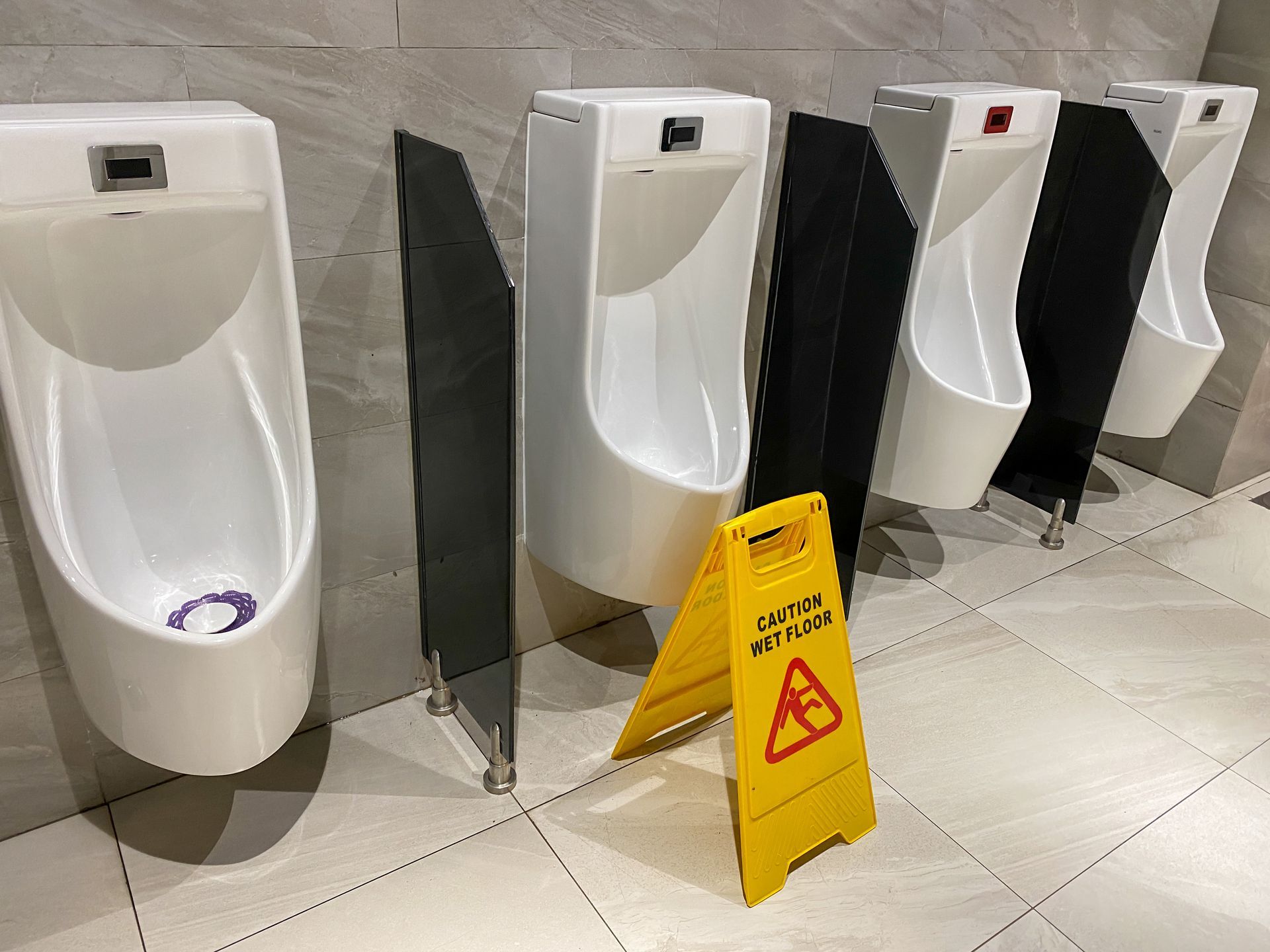
Before diving into solutions, it's essential to recognize the typical issues faced with commercial urinals:
1. Blockages
Blockages in commercial urinals can arise from several sources, including the accumulation of mineral deposits, debris, and improper usage. These blockages are often characterised by slow drainage or an outright inability to flush. If left unaddressed, they can lead to overflow and water damage, creating both sanitation and operational issues. Regularly using appropriate urinal cleaning agents can reduce the mineral build-up, while implementing a strict maintenance schedule will help keep debris at bay. Additionally, educating users on proper urinal use—such as not disposing of paper towels or other non-flushable items in the urinal—can significantly decrease the likelihood of blockages. If a blockage does occur, a professional plumber may need to be called to safely and effectively remove the obstruction. Regular inspections and prompt attention to early signs of blockage can prevent small issues from becoming costly emergencies.
2. Leaks
Leaks are another prevalent issue in commercial urinals, and they can originate from various points within the system. Common sources of leaks include worn-out gaskets, cracked bowls, and faulty flush valves. These leaks not only waste water but can also lead to slipping hazards and water damage to the surrounding areas. Identifying the source of the leak is the first step in addressing the problem. Regular inspections can help detect small leaks before they become serious issues. Replacing worn-out gaskets and seals promptly can prevent leaks from deteriorating further. In cases where the urinal bowl itself is cracked, it may be necessary to replace the entire fixture.
3. Slow Draining
Slow draining urinals are not only inconvenient for users but can also be indicative of underlying issues that require immediate attention. The slow drain can be caused by partial blockages, mineral deposits, or issues with the plumbing system's venting. To address slow draining, begin with a thorough inspection to identify any visible obstructions in the drain. Sometimes, the use of liquid drain cleaners specifically formulated for urinals can dissolve minor blockages and improve the flow. If mineral deposits are the culprit, a descaling solution may be necessary to remove the build-up within the pipes. It's also crucial to check the venting system, as poor ventilation can impede the drainage process. If the problem persists despite these efforts, it might be time to call in a professional plumber to conduct a more in-depth examination and provide a targeted solution. Regular maintenance, including descaling and proper cleaning, can help prevent slow draining from becoming a recurring issue.
4. Odors
Unpleasant odors in commercial restrooms are a common issue that can significantly impact user experience and the overall perception of the facility. These odors often originate from dry P-traps, which are designed to hold water and block sewer gases from entering the restroom. When the water in the P-trap evaporates, these gases can escape, leading to bad smells. Regularly flushing the urinals or adding water to the P-trap can prevent this problem. Another potential source of odors is bacteria build-up in the drains, which can be mitigated by using disinfectant cleaners specifically designed for urinals. Ensuring proper ventilation throughout the restroom can also help disperse unpleasant smells and maintain a fresher environment.
Solutions and Best Practices
Addressing these problems requires a proactive approach and regular maintenance. Here are some solutions and best practices to consider:
1. Regular Cleaning and Descaling
Regular cleaning with appropriate urinal descalers and calcium removers can prevent the buildup of mineral deposits. Using a high-quality urinal descaler ensures that the pipes remain clear, improving the overall performance of the urinal.
2. Use of Enzyme Cleaners
Enzyme cleaners are effective in breaking down organic waste, reducing the risk of blockages and odors. These cleaners can be used as part of a routine maintenance schedule to keep urinals in optimal condition.
3. Preventative Maintenance
Implementing a preventative maintenance plan can help identify potential issues before they escalate. Regular inspections of seals, valves, and pipes can prevent leaks and ensure that any necessary repairs are made promptly.
4. Flushing Systems
Modern automatic flushing systems can help maintain cleanliness and prevent the buildup of waste materials. These systems can be programmed to flush at regular intervals, even during low-usage periods.
The Role of Technology in Maintaining Urinal Health
Technology is revolutionizing the way we maintain commercial urinals. Here are some innovative solutions and tools available:
Smart Sensors
Smart sensors can monitor the usage and health of urinals in real-time. These sensors detect issues such as blockages and leaks, sending alerts to maintenance staff for immediate action.
IoT-Enabled Maintenance Systems
Internet of Things (IoT) technology allows for the integration of urinals into a centralized maintenance system. This system can track water usage, monitor the condition of urinals, and provide data-driven insights for predictive maintenance.
Waterless Urinals
Waterless urinals are an eco-friendly alternative that reduces water consumption and the risk of leaks. These urinals use a special cartridge to trap waste and prevent odors, making them easier to maintain.
Keeping Your Urinals Functioning Properly
Proactive urinal maintenance is essential for ensuring the efficiency, hygiene, and reputation of commercial properties. By understanding common problems, implementing best practices, and leveraging innovative technologies, commercial property managers and building maintenance staff can effectively manage urinal health. Regular cleaning, preventative maintenance, and the use of advanced tools can save time, money, and safeguard the reputation of your property.
Are you a business in Western Massachusetts searching for a commercial plumber? Hurley Plumbing can help! We provide comprehensive commercial plumbing services, including urinal installations and maintenance. Contact us today at (413) 737-5844 to learn more about our services and schedule an appointment. You can also schedule service online >
What causes a urinal to keep running?
A continuously running urinal is often caused by a malfunctioning flush valve. Over time, parts of the flush valve can wear out or become coated with mineral deposits, leading to improper sealing. Cleaning, adjusting, or replacing the flush valve components usually resolves this issue.
How often should urinals be descaled?
Urinals should be descaled at least once a month, especially in areas with hard water. Regular descaling prevents the buildup of mineral deposits that can cause blockages and slow drainage. Using high-quality urinal descalers will help maintain efficient flow and reduce maintenance needs.
Why does my urinal smell even after cleaning?
Persistent odors in urinals can result from bacteria build-up in the pipes or dry P-traps. Ensure that P-traps are always filled with water to block sewer gases. Additionally, using enzyme or disinfectant cleaners specifically designed for urinals can eliminate bacteria and maintain a fresher environment.
How can I prevent urinal blockages?
Preventing urinal blockages involves regular cleaning and maintenance. Using enzyme cleaners can break down organic waste and prevent build-up in pipes. Additionally, avoid disposing of non-soluble materials and debris in urinals. Instituting a regular descaling schedule, especially in areas with hard water, will also help keep pipes clear and water flowing smoothly.
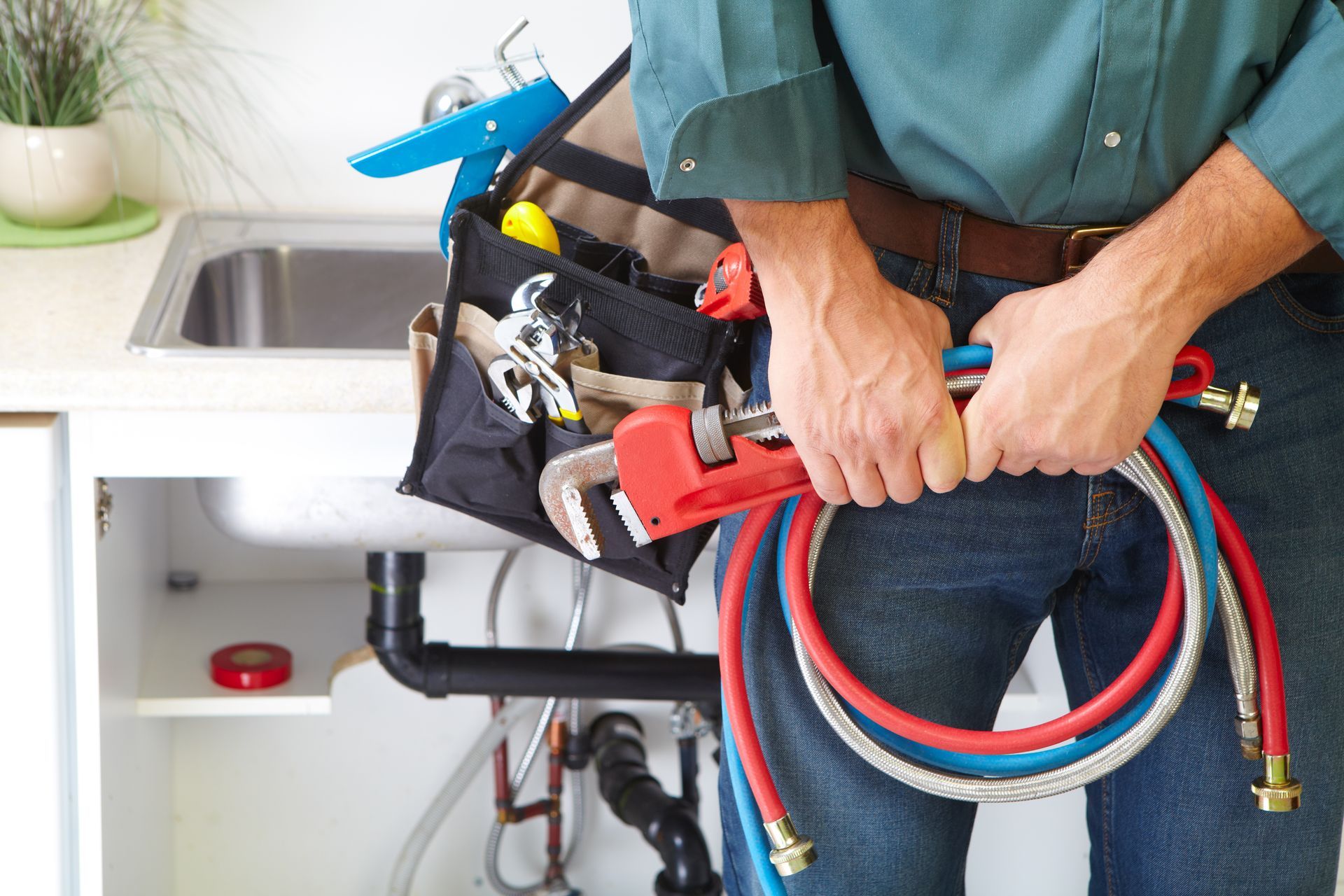
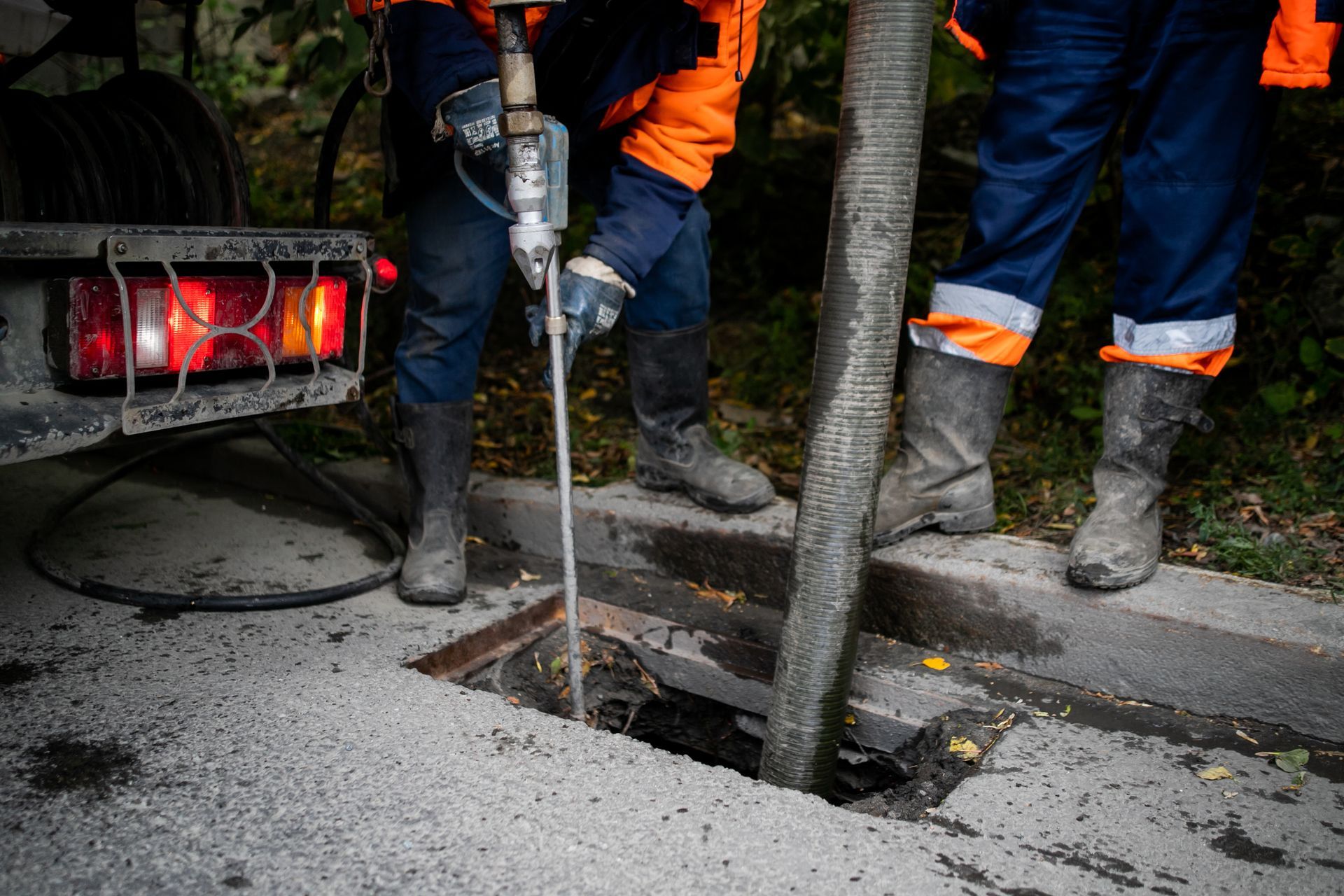
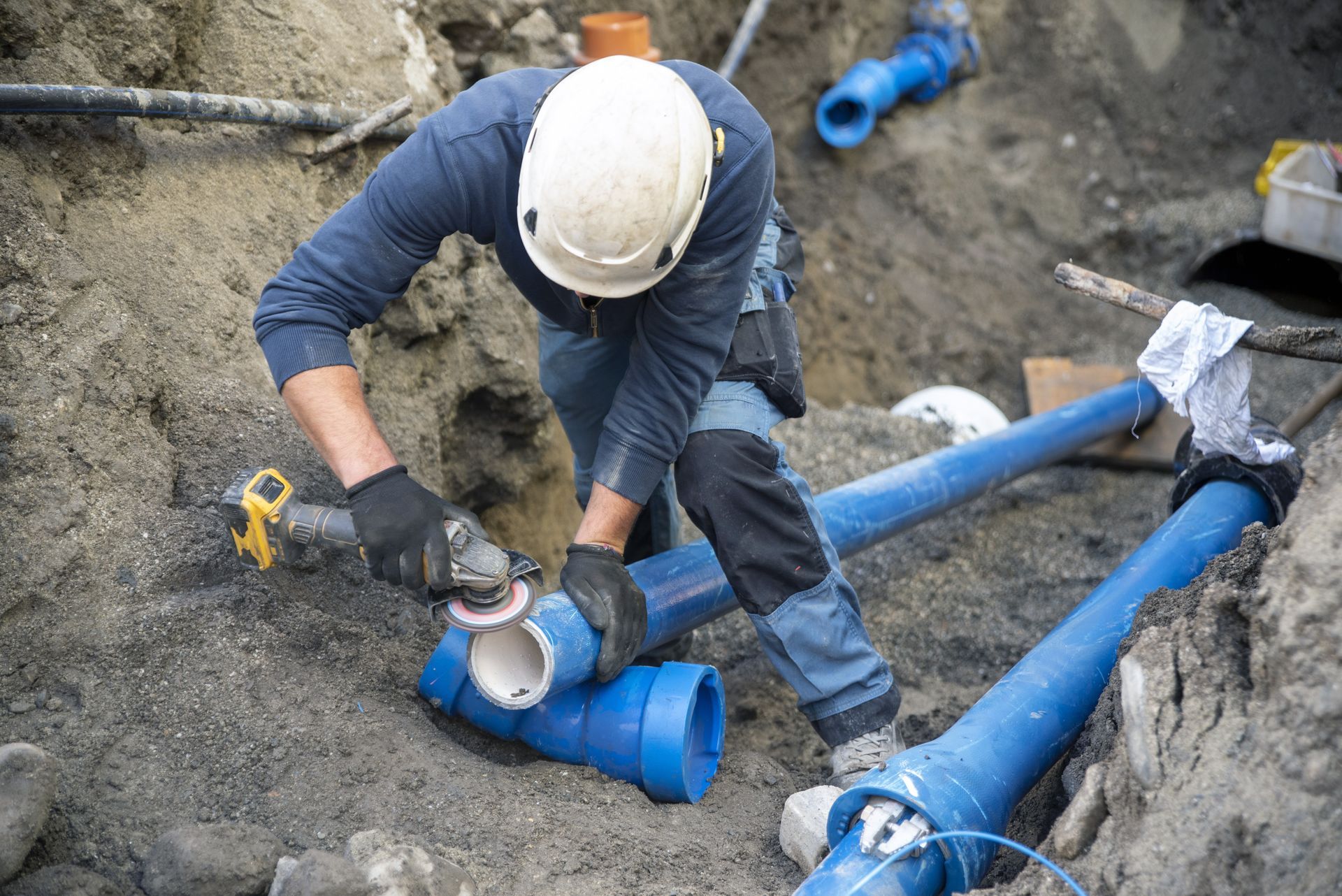

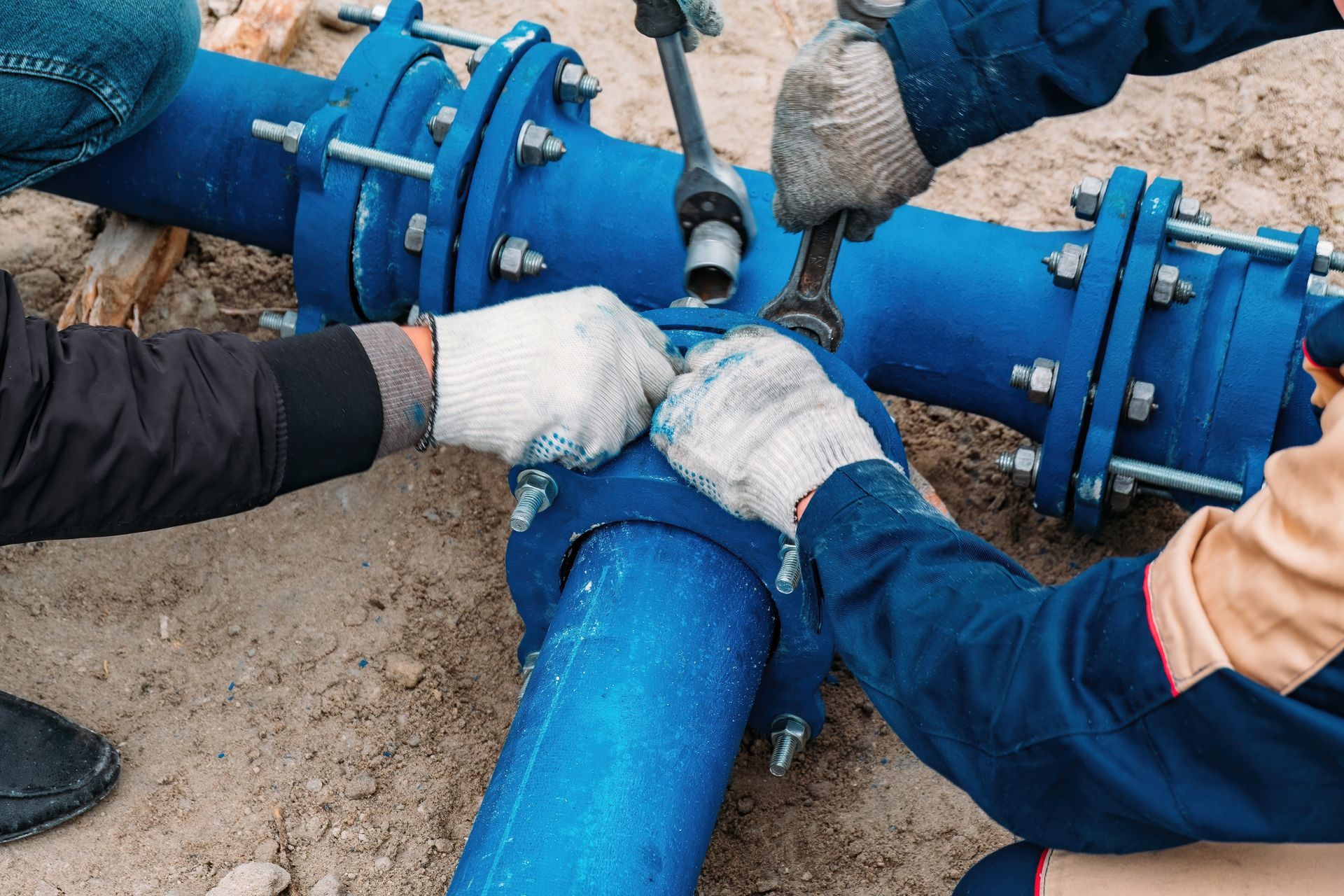
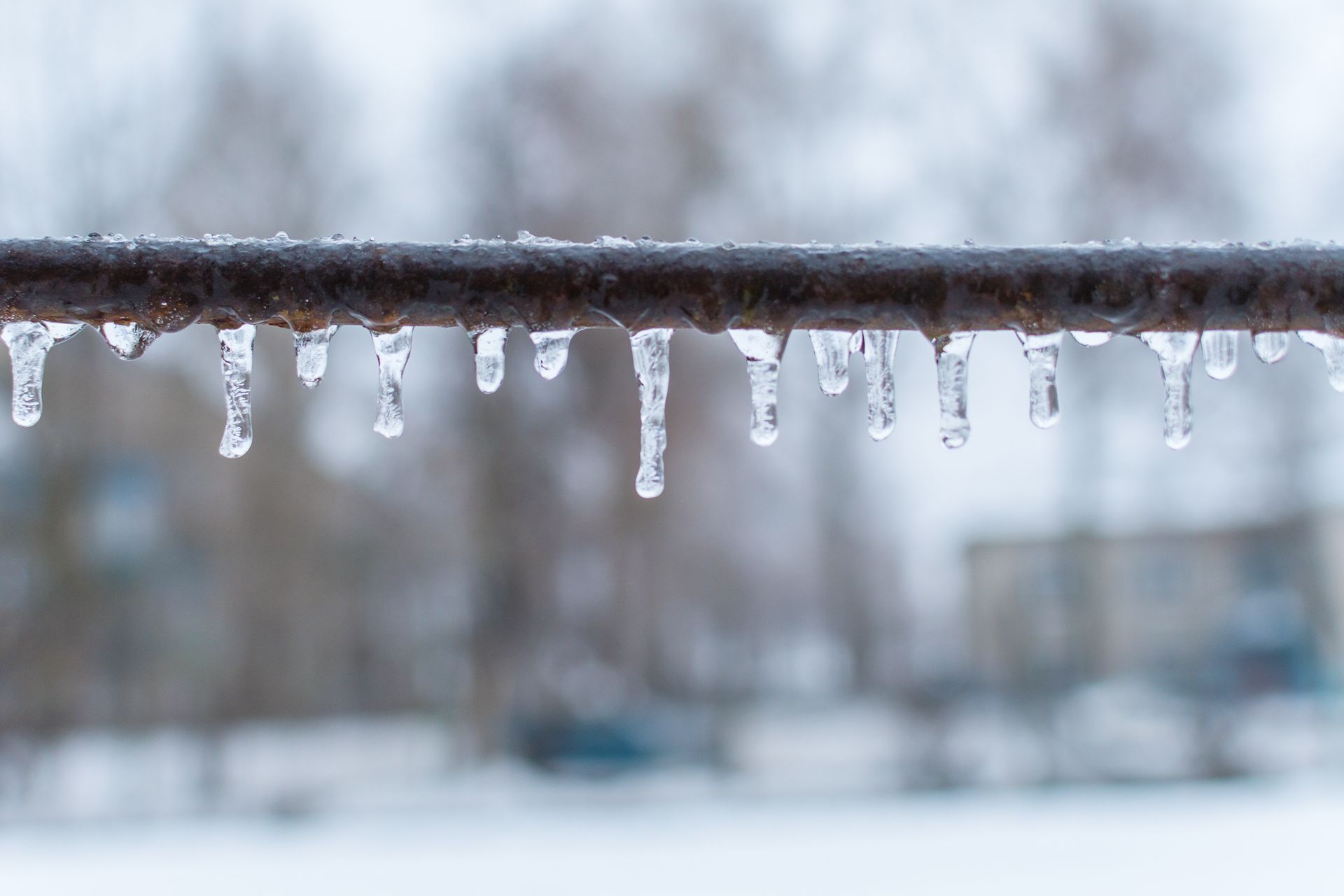
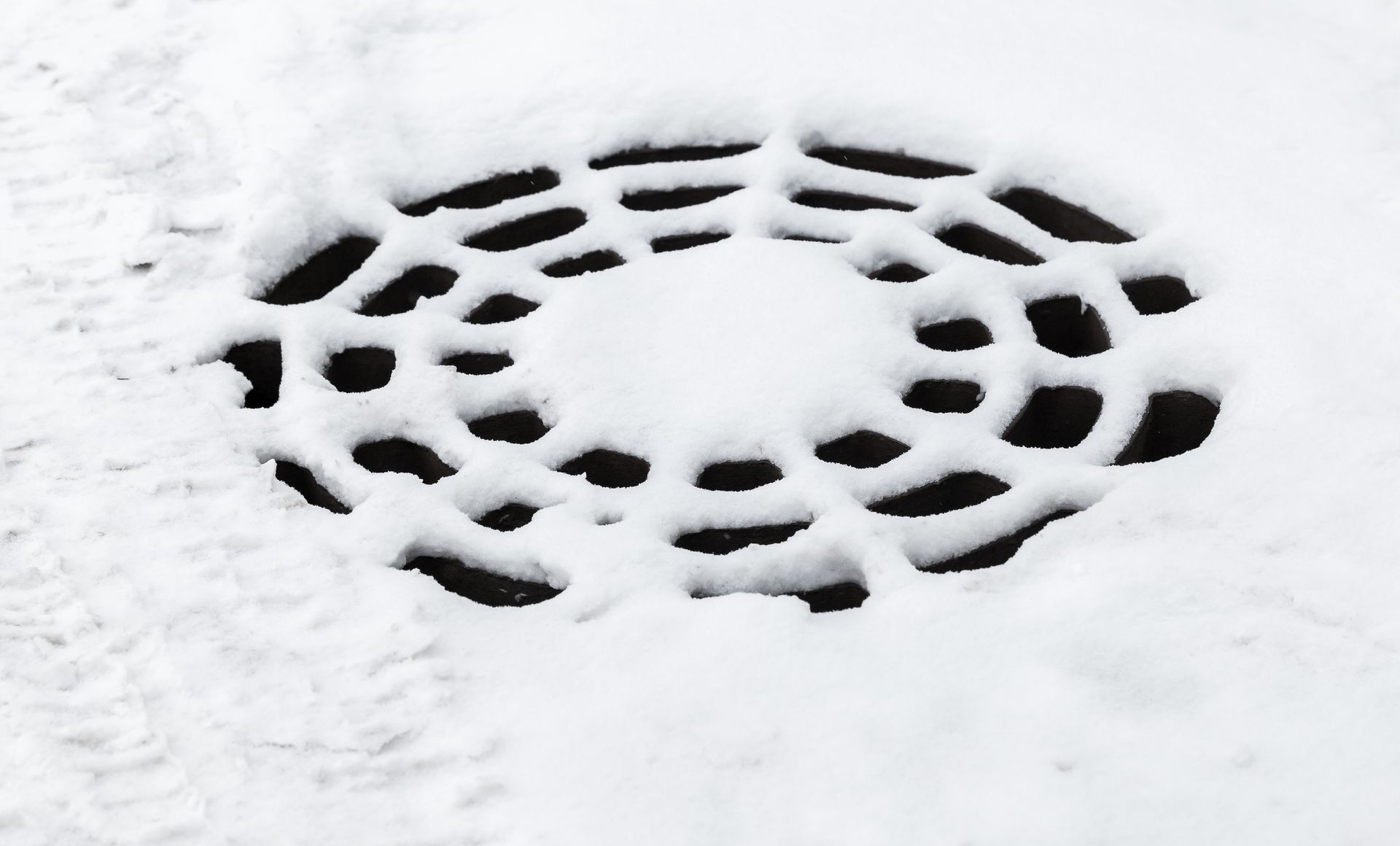
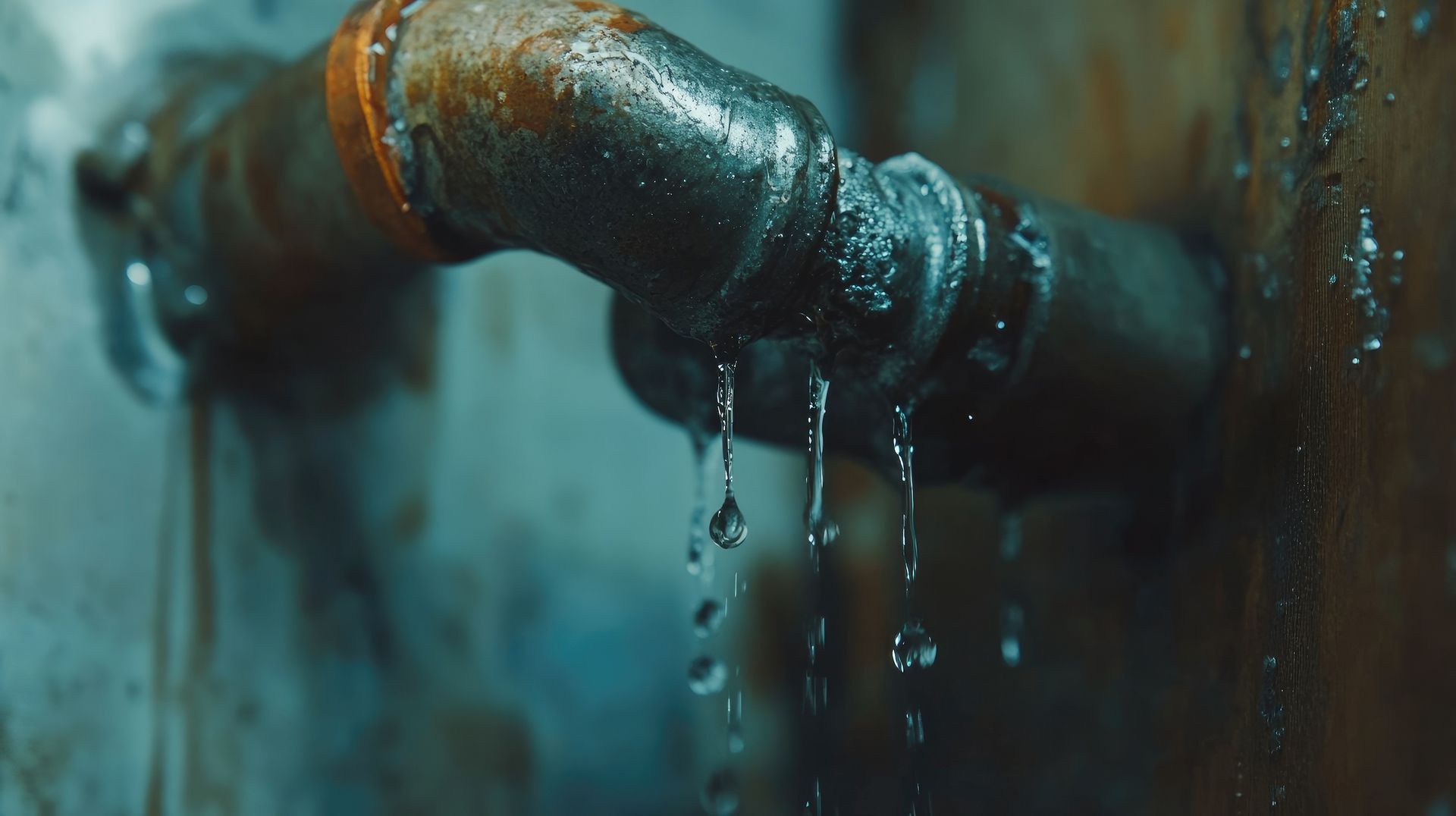
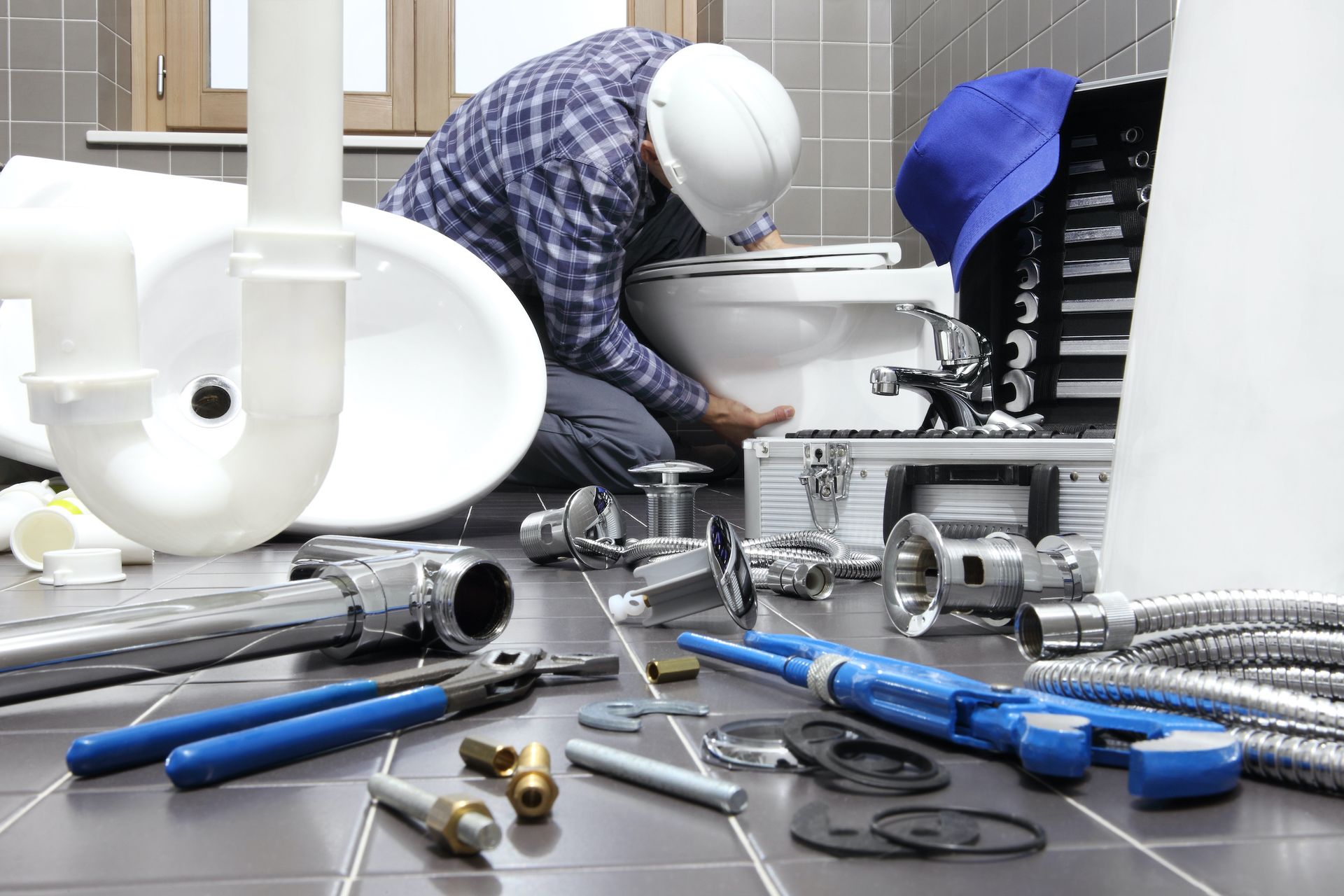
For over three decades, Hurley Plumbing has been providing high-quality commercial plumbing services in the Western Massachusetts area. . We are licensed, bonded, and insured, and we offer a 100% satisfaction guarantee on all of our work. We specialize in commercial plumbing, and we have the skills and experience to handle any job, big or small.
QUICK LINKS
RESOURCES
CONTACT


